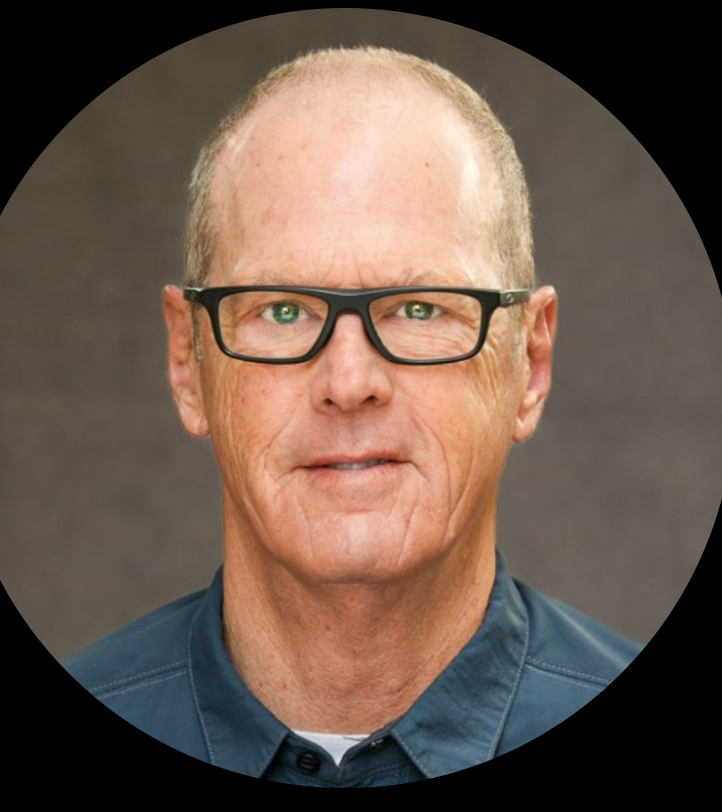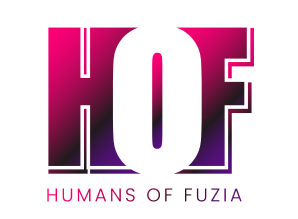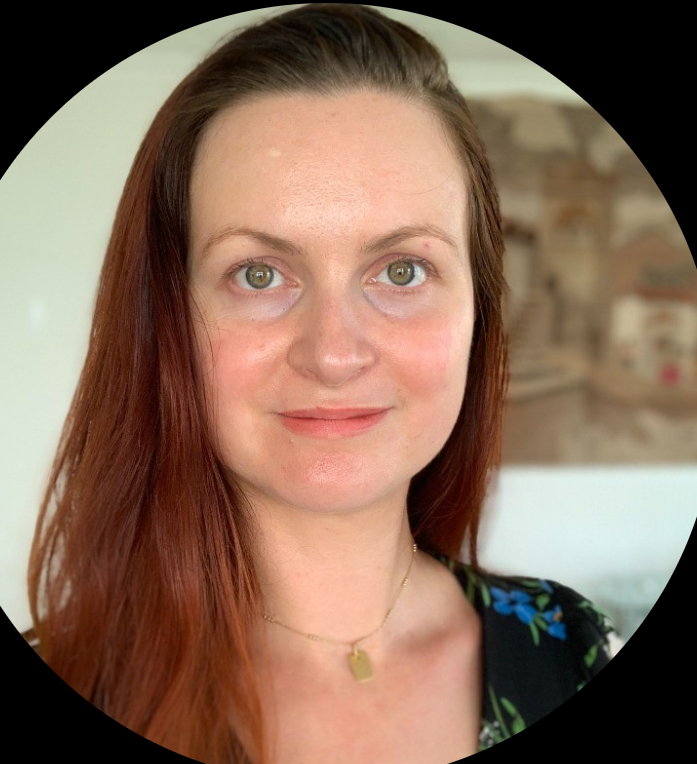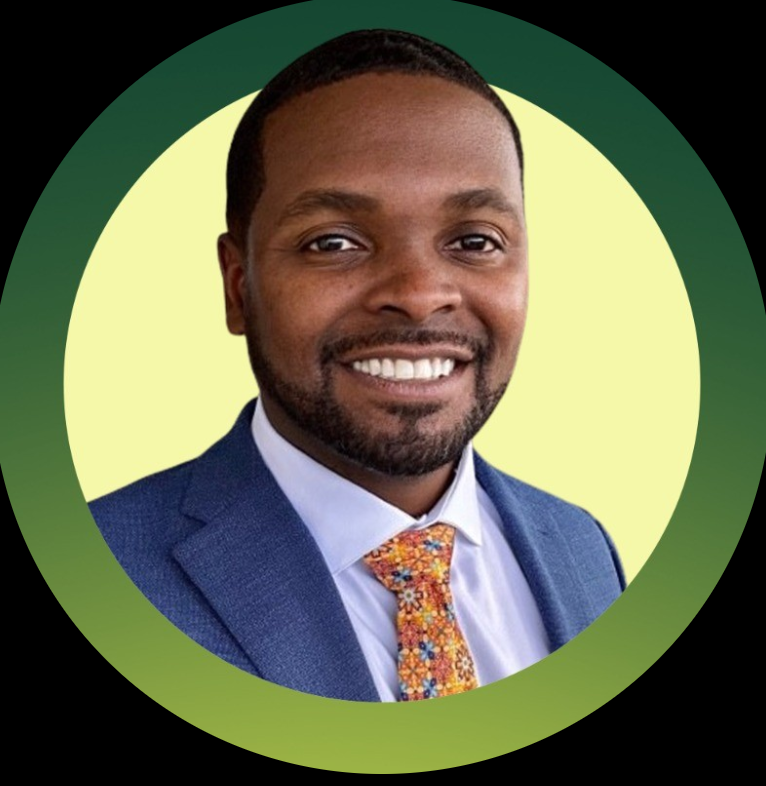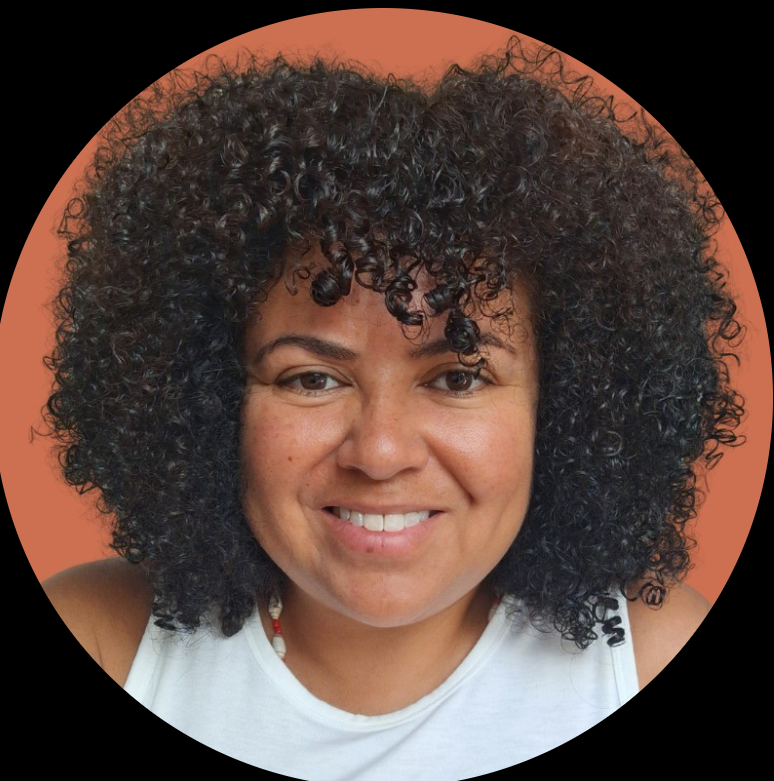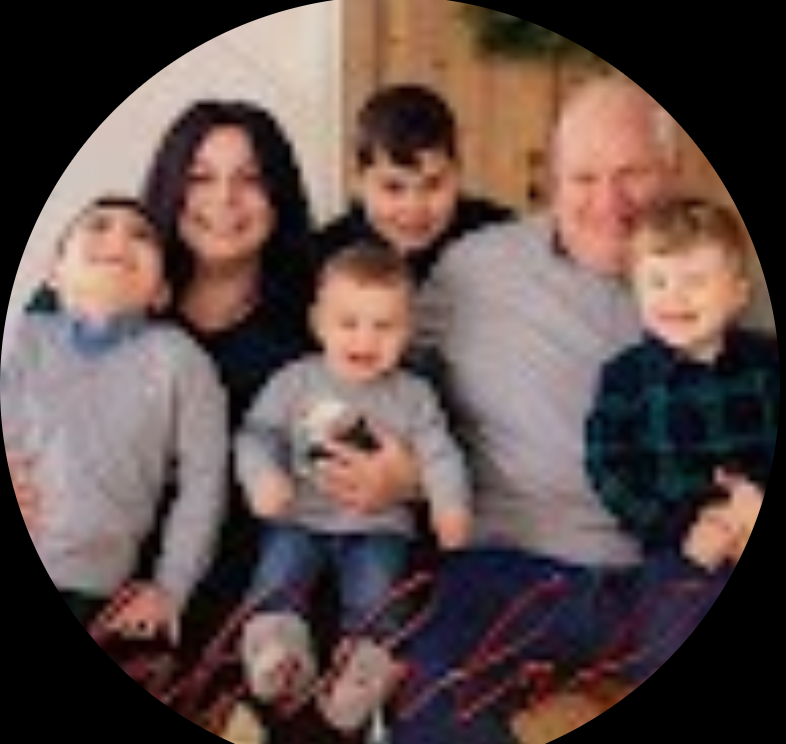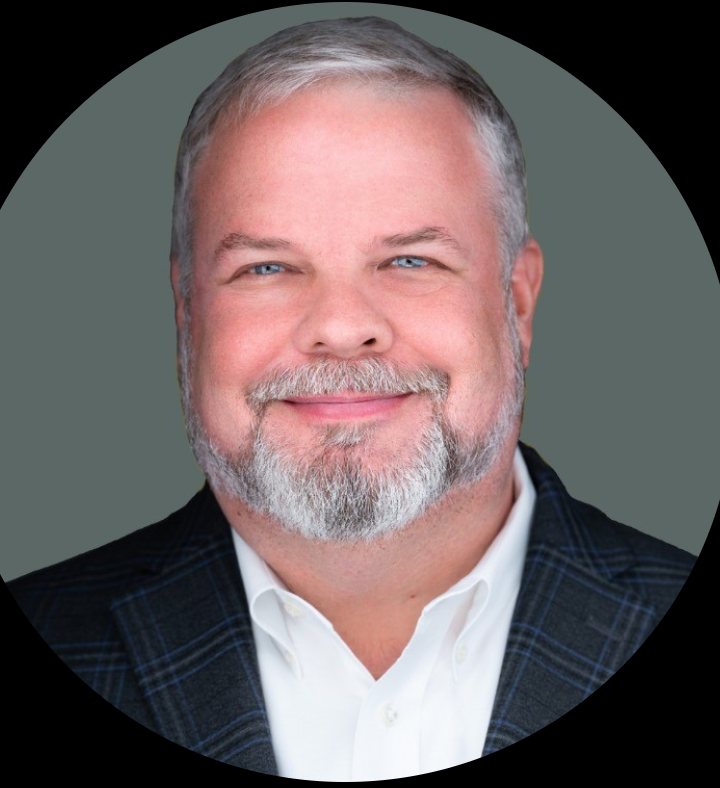Brandon Lee is a serial entrepreneur and the founder of The Genius of You, a platform designed to help individuals uncover not just what they’re good at—but what they genuinely enjoy doing. With a rich background spanning multiple startups and corporate roles, Brandon’s journey reflects the courage to break away from traditional structures and create a life rooted in freedom, alignment, and authenticity.
At Humans of Fuzia, we are proud to feature Brandon’s story as part of our mission to amplify the voices of entrepreneurs and changemakers around the world. With a global community of over 5 million members advocating for equality, empowerment, and opportunity, we believe stories like Brandon’s inspire others—whether it’s He for She or She for She—to pursue meaningful work on their own terms.
Tell us a little about your background and what inspired you to become an entrepreneur?
This is actually the fourth company I’ve started. For most of my life, the common theme has been valuing freedom and autonomy over ticking boxes in rigid corporate structures. While I’ve worked in the corporate world, I was always drawn toward having the creative space to build things I care about.
The Genius of You actually started as a side project from a book club with friends, where we read 15 Commitments of Conscious Leadership. From there, I realized most personality assessments focus on what people are good at or what they’ve done repeatedly—but that doesn’t always equal enjoyment. I wanted to build tools that help people design careers around what truly lights them up.
Who is your target audience for The Genius of You?
Right now, it’s mostly people in their late 30s and beyond—those who’ve invested 15+ years in their careers, reached seniority, and often have financial success but aren’t fulfilled. Many of them are asking, “How do I actually enjoy what I do?” for the first time. And sadly, most tools out there don’t help answer that question properly or provide actionable next steps. That’s what we’re solving.
What kind of impact have you seen among the people who work with you?
It’s really gratifying. I recently spoke to someone who’s been in the workforce for 38 years, never feeling aligned in their career. Within 45 minutes, they had four or five potential paths that felt genuinely fulfilling.
Another client told me the tools I provided in just 30 minutes gave her the same insights as the first three weeks of a $2,000 career change program she had taken. So, the biggest value I see is helping people gain clarity and save time—bringing awareness and actionable insights quickly.
Many entrepreneurs experience imposter syndrome. Have you? How do you handle it?
For me, imposter syndrome showed up more when opportunities were handed to me than when I pursued them. For example, I was employee number one at a YC startup founded by Stanford, Google, and McKinsey alums. Meanwhile, I was a college dropout, so part of me questioned whether I belonged there.
But I didn’t let the feelings stop me. Everyone feels those doubts—it’s just that some people experience them more intensely. I suggest building emotional regulation tools: welcome the emotion, accept it, let it move through your body. It could be breathing, shaking it off, crying—whatever helps metabolize the feeling instead of resisting it. That process makes the fear pass much faster and lose its grip on you.
Knowing what you know now, what would you have done differently when starting out?
I would have been more patient with myself. Entrepreneurship requires mastering countless skills—idea validation, product building, operations, marketing, sales, team leadership. It takes time to get good at it all.
The media loves hyping 20-year-old founders, but statistically, most successful founders are second or third-timers, often in their 30s or 40s. I wish I had understood that earlier; it would’ve saved me a lot of unnecessary pressure and stress.
How do you define success, both personally and professionally?
Early on, I decided success shouldn’t be a moving target. If success is tied to a specific goal, you’re only successful when you hit it—and then you have to chase the next one.
For me, success is about being honest with myself, doing my best, reflecting, learning, and following what’s true to me. These are things fully within my control every day, and they create stability. When hard times hit, I can stay grounded because my sense of success isn’t dependent on external outcomes.
Is there anything exciting you’re currently working on?
Yes, I recently launched a Substack called Behind on AI. There’s a collective feeling that AI is evolving so fast, people can’t keep up. I feel that too. So, I started this as a way to review popular AI tools, break them down, and show how to use them practically. It keeps me informed and hopefully helps others feel less overwhelmed by the rapid pace of change.
“Success isn’t about hitting milestones—it’s about being honest with yourself, learning, and growing every day.” — Brandon Lee
Connect with Brandon Lee:
https://www.linkedin.com/in/bbrandonlee/
Want to be featured?
If you’d like to be featured in the Humans of Fuzia series, email us at fuziatalent@fuzia.com.




